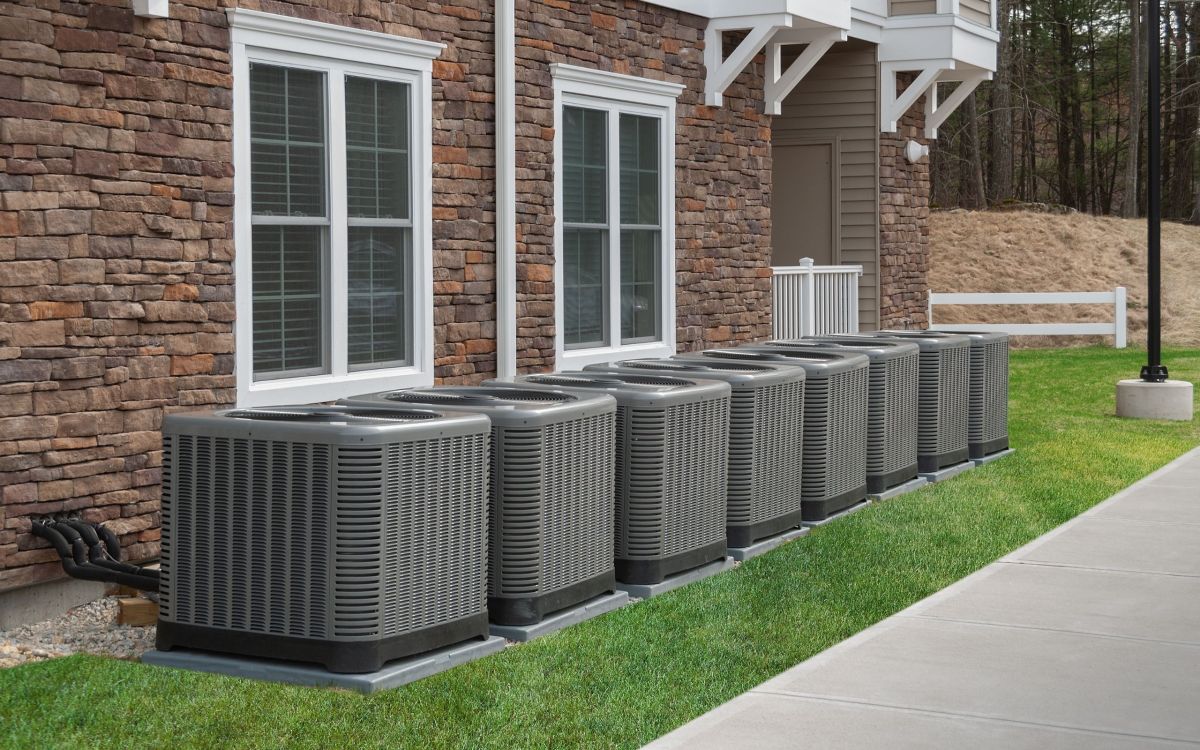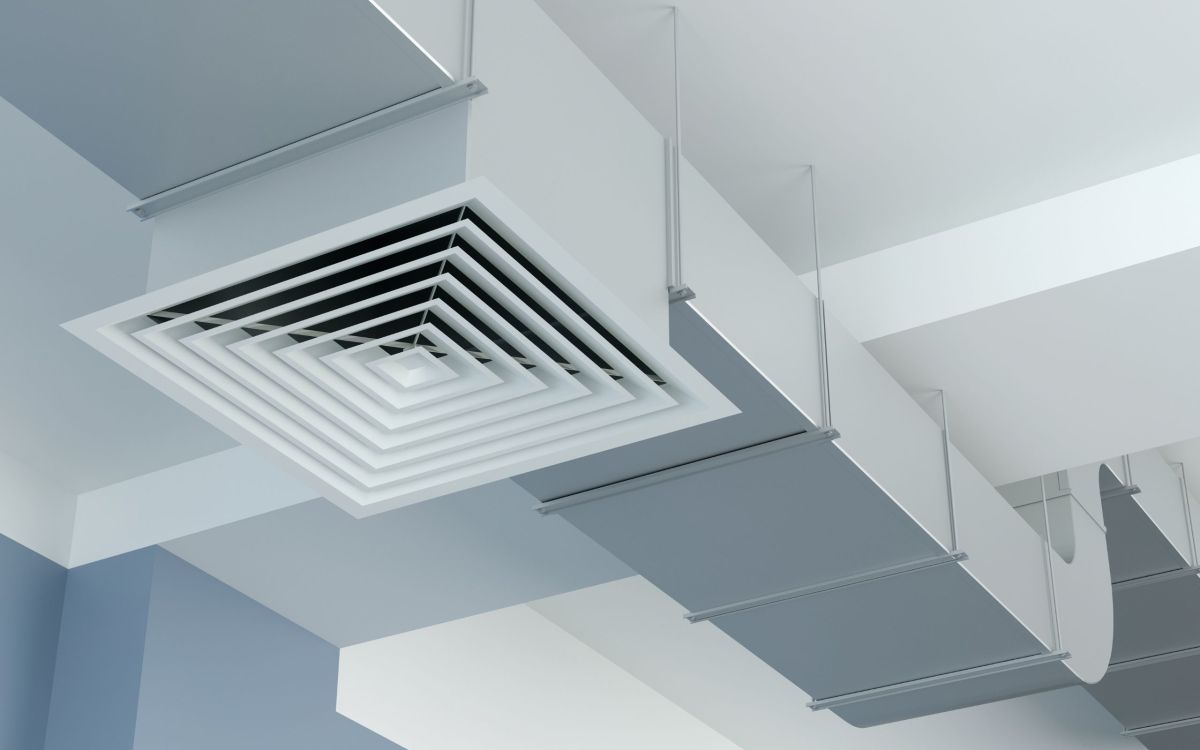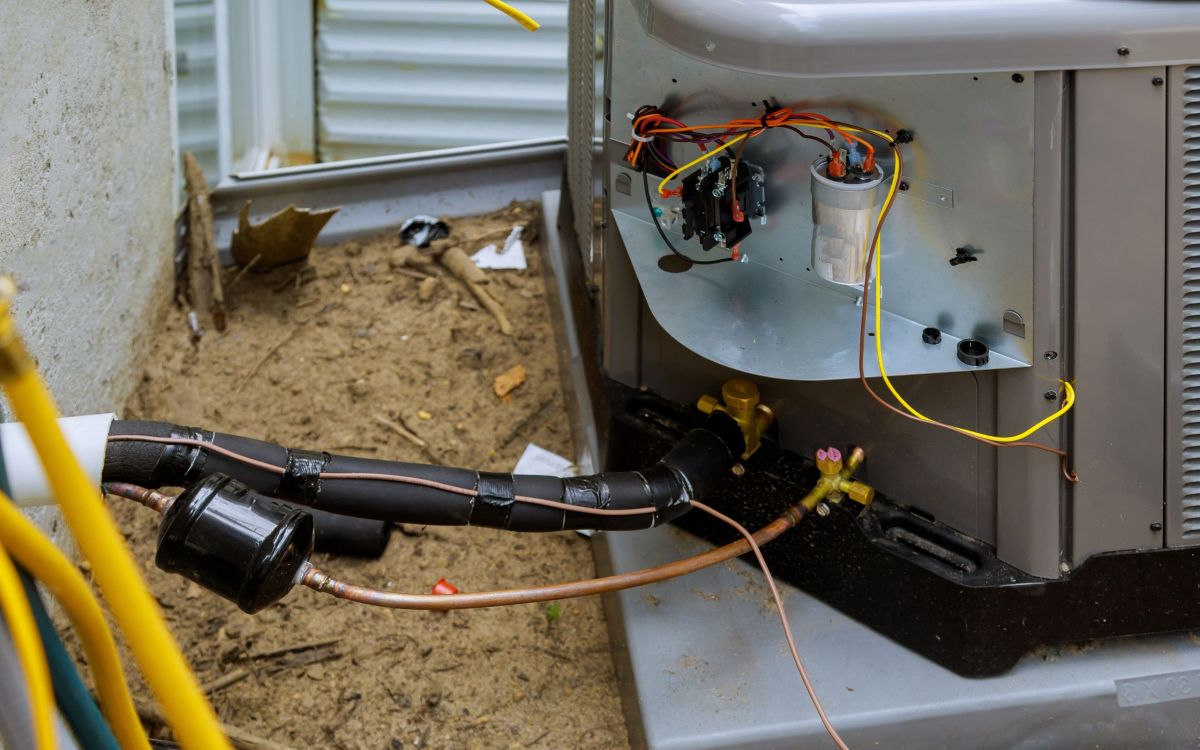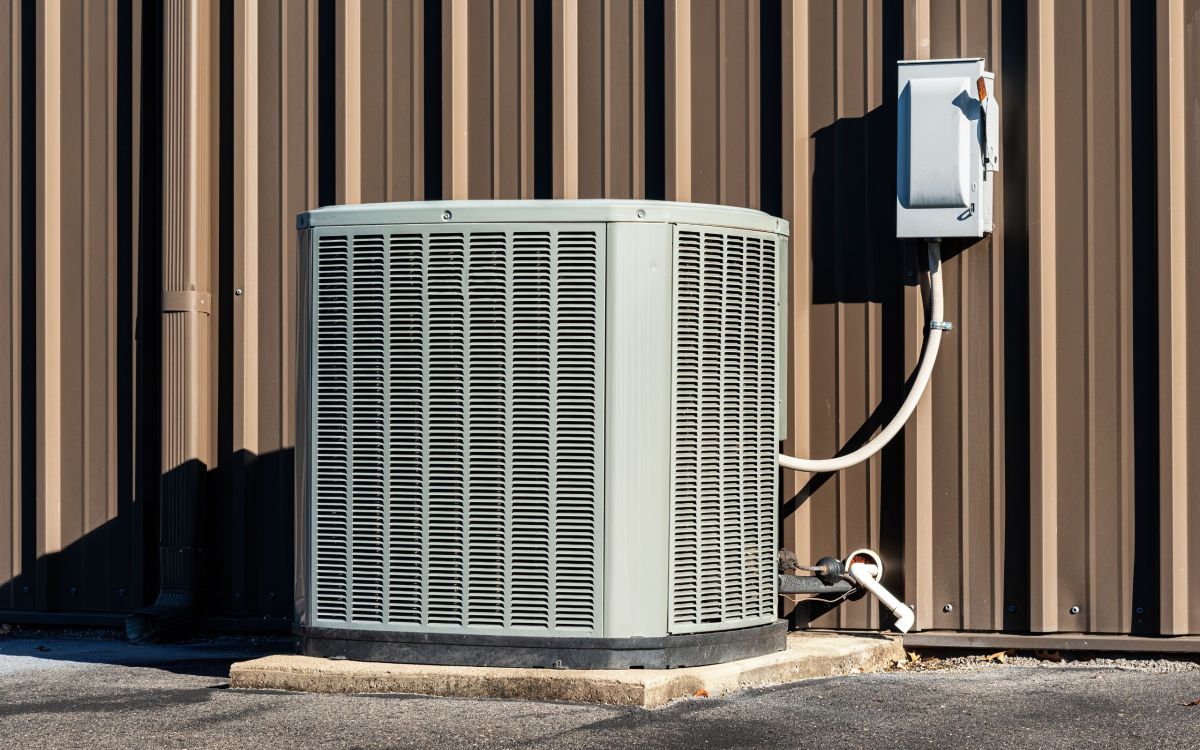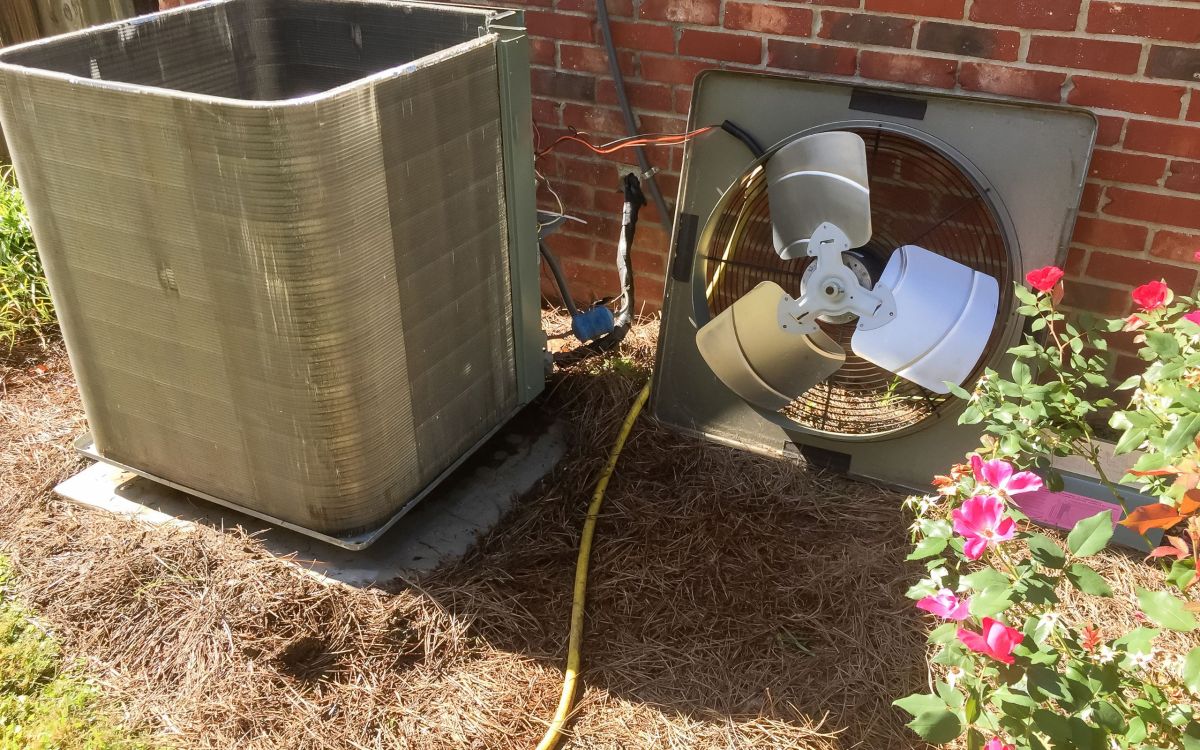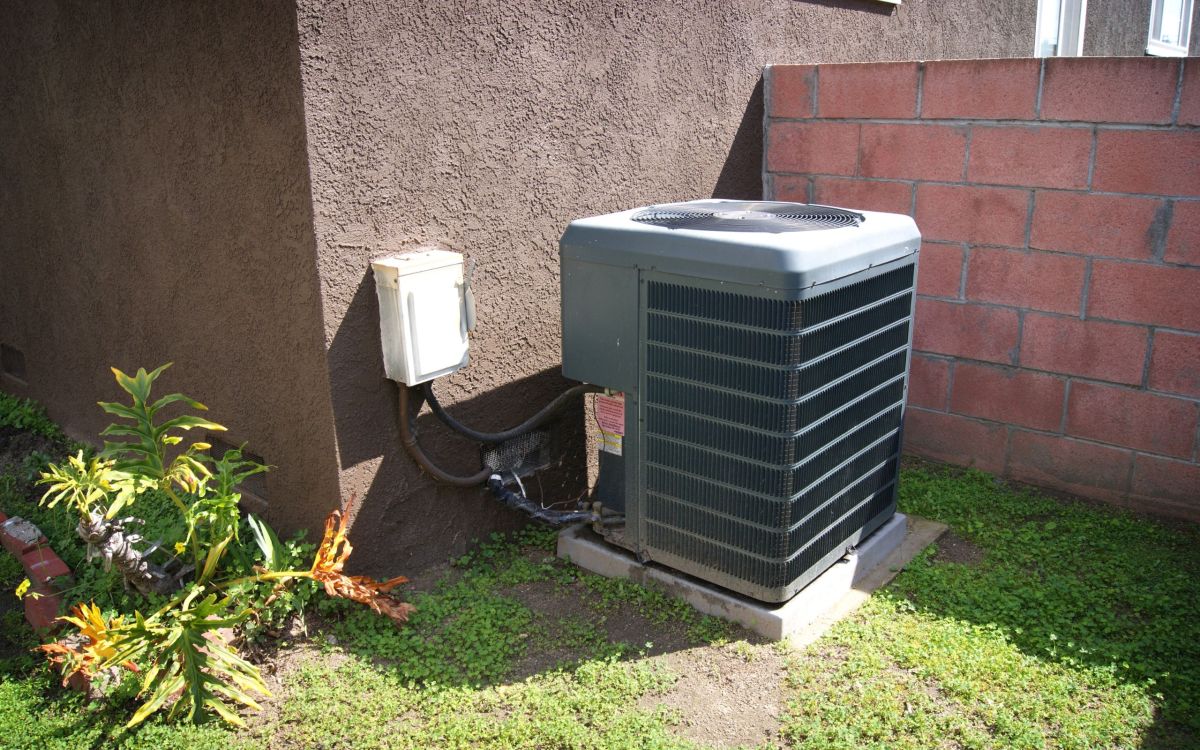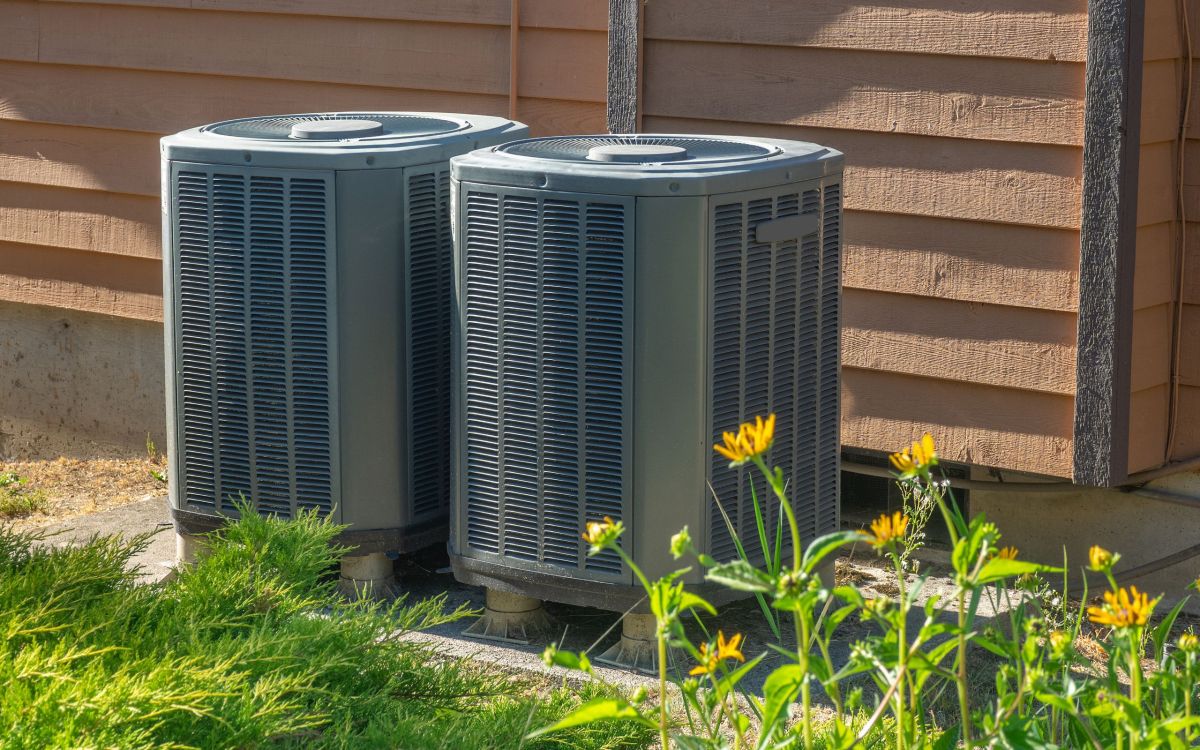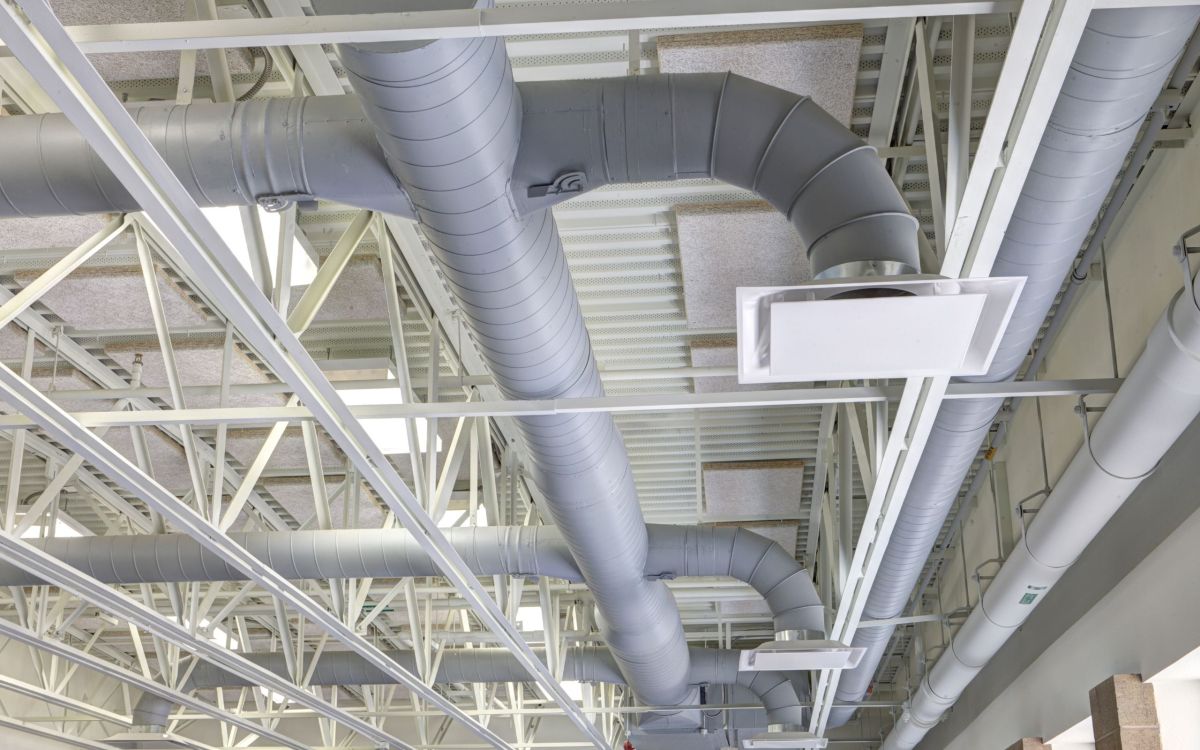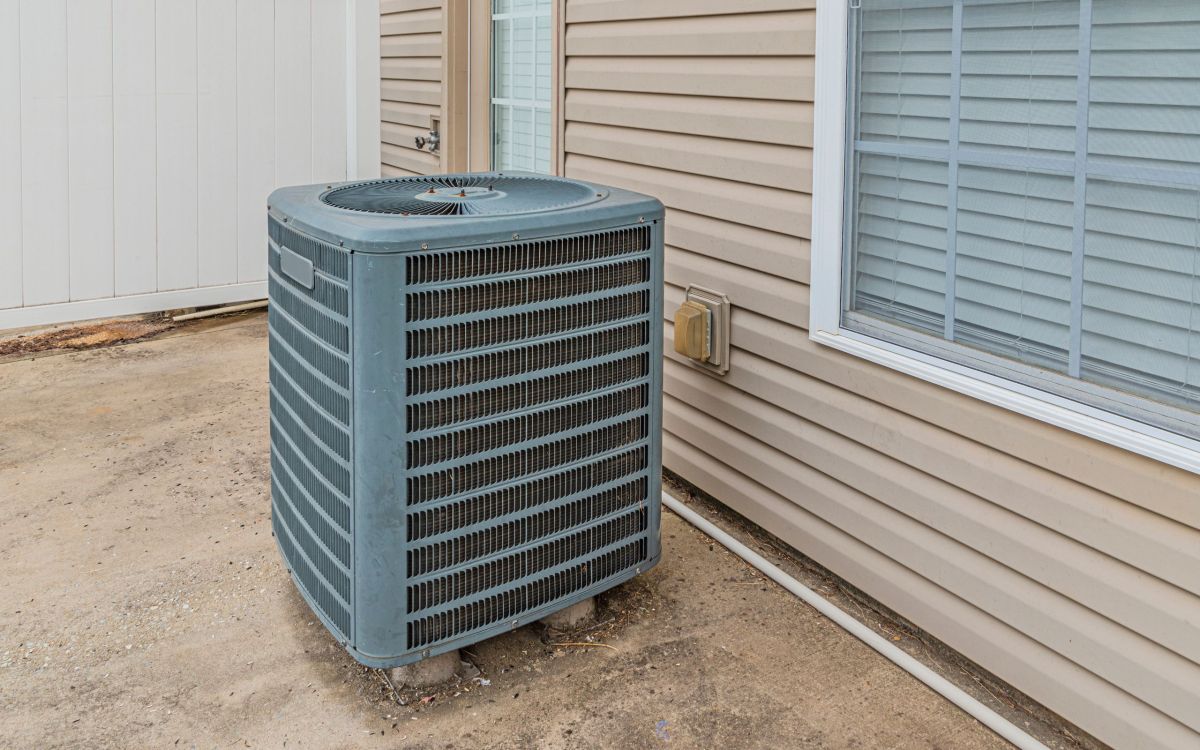
Stay Updated with Our HVAC Blog in Richmond, TX
Which Heating System Is Best for Your Home?
Choose the Right Heating System for Your Home, Comparing Popular Options
Selecting the right heating system for your home is a critical decision that impacts your comfort, energy efficiency, and long-term costs. With various options available, such as boilers, heat pumps, and radiant floor heating, understanding the differences and benefits of each system can help you make the best choice for your specific needs. Here’s a comprehensive guide to help you navigate this decision:
Understanding Different Heating Systems:
- Boilers:
- How They Work: Boilers heat water and distribute it through radiators, baseboard heaters, or radiant floor systems to provide warmth. They can run on natural gas, oil, or electricity.
- Advantages: Boilers provide consistent, even heating throughout the home and are often more energy-efficient than forced-air systems. They also tend to be quieter, as there’s no need for fans or blowers.
- Disadvantages: Boilers can be more expensive to install, especially if your home doesn’t already have a hydronic distribution system. They also take longer to heat up a space compared to systems that blow warm air directly.
- Heat Pumps:
- How They Work: Heat pumps transfer heat from one place to another, either from the air or the ground, depending on the type. They can be used for both heating and cooling, making them versatile.
- Advantages: Heat pumps are highly efficient, particularly in moderate climates. They offer the benefit of providing both heating and cooling, which can save on installation costs for a separate air conditioning system.
- Disadvantages: In extremely cold climates, heat pumps may struggle to maintain efficiency, leading to higher energy consumption. They may also require a backup heating source during very cold periods.
- Radiant Floor Heating:
- How It Works: Radiant floor heating involves installing heating elements beneath the floor, which can be electric coils or hydronic tubing filled with heated water. The heat radiates upward, warming the room from the floor up.
- Advantages: This system offers even, comfortable heat that doesn’t circulate dust or allergens. It’s silent and can be more energy-efficient than forced-air systems, as it eliminates heat loss through ductwork.
- Disadvantages: Radiant floor heating can be expensive to install, particularly in existing homes where floors may need to be removed. It also takes longer to adjust the temperature, as the floor mass needs to heat up.
Pros and Cons of Each Option:
- Boilers:
- Pros: Consistent heat, energy-efficient, quiet operation.
- Cons: Higher installation costs, slower to heat up spaces, potential for water leaks.
- Heat Pumps:
- Pros: High efficiency, dual heating and cooling function, environmentally friendly.
- Cons: Less efficient in very cold climates, higher upfront cost for ground-source models.
- Radiant Floor Heating:
- Pros: Comfortable and even heat, energy-efficient, no air circulation (better for allergies).
- Cons: High installation cost, slow temperature response, complex retrofitting.
Key Factors to Consider:
- Home Size: Larger homes may benefit from systems like boilers or ground-source heat pumps that can efficiently distribute heat throughout the entire space. Smaller homes might find air-source heat pumps or electric radiant floor heating more practical.
- Climate: Your local climate plays a significant role in determining the best heating system. In colder climates, a boiler or ground-source heat pump might be more effective. In milder climates, an air-source heat pump can be highly efficient.
- Budget: Installation and operating costs vary widely between systems. Boilers and radiant floor heating generally have higher upfront costs but may offer savings in energy efficiency over time. Heat pumps can provide both heating and cooling, which might justify their cost.
- Energy Source Availability: Consider the availability and cost of energy sources like natural gas, electricity, or oil in your area. This can influence both the operating costs and the feasibility of certain heating systems.
- Environmental Impact: If reducing your carbon footprint is a priority, look for systems with high energy efficiency ratings and those that utilize renewable energy sources, such as heat pumps or solar-powered radiant floor heating.
Evaluating Compatibility with Your Home:
- Existing Infrastructure: If your home already has ductwork, a heat pump might be a more straightforward option. For homes with existing radiators, a boiler could be the best fit.
- Insulation Quality: The efficiency of any heating system is enhanced by proper insulation. Ensure your home is well-insulated to maximize the effectiveness of the system you choose.
- Personal Comfort Preferences: Radiant floor heating is known for its comfort, especially in bathrooms and bedrooms, as it provides gentle warmth from the ground up. Consider what type of comfort experience you’re looking for in your living spaces.
When to Consult a Professional:
- System Selection: Choosing the right heating system involves many variables, from the size of your home to the local climate. A professional HVAC technician can assess your home’s specific needs and recommend the best options.
- Installation: Proper installation is critical to the performance and efficiency of your heating system. A professional can ensure that your system is installed correctly, safely, and in compliance with local codes.
- Maintenance Planning: Regular maintenance is essential for keeping your heating system running efficiently and preventing breakdowns. A professional can help you establish a maintenance schedule tailored to your system.
Selecting the right heating system for your home is a significant decision that requires careful consideration of various factors. By understanding the pros and cons of boilers, heat pumps, and radiant floor heating, and evaluating your home’s specific needs, you can make an informed choice that ensures comfort and efficiency. For expert advice and professional installation, contact HTX Air Solutions at (832) 607-0832. Our team is here to help you find the perfect heating solution for your home.
Welcome to our BLOG at HTX Air Solutions! Here, you'll find valuable tips and information about our comprehensive HVAC services, indoor air quality solutions, energy efficiency, and much more. We regularly update our blog with new posts to keep you informed and help you make the best decisions for your home or business in Richmond, TX. Visit our blog often to stay updated on the latest HVAC trends, maintenance tips, and expert advice from our team.

Stay informed with HTX Air Solutions' HVAC blog. Get expert tips, industry news, and insights on residential and commercial HVAC services. Trust our professional advice to keep your heating and cooling systems efficient and reliable.
HVAC blog Richmond, air conditioning tips, heating system advice, Richmond HVAC blog, expert HVAC articles, residential HVAC blog, Richmond HVAC insights, commercial HVAC tips, HVAC maintenance blog, Richmond air quality blog, HVAC repair advice, Richmond HVAC updates, HVAC installation tips, Richmond HVAC news, HVAC energy efficiency.
LATEST POSTS

